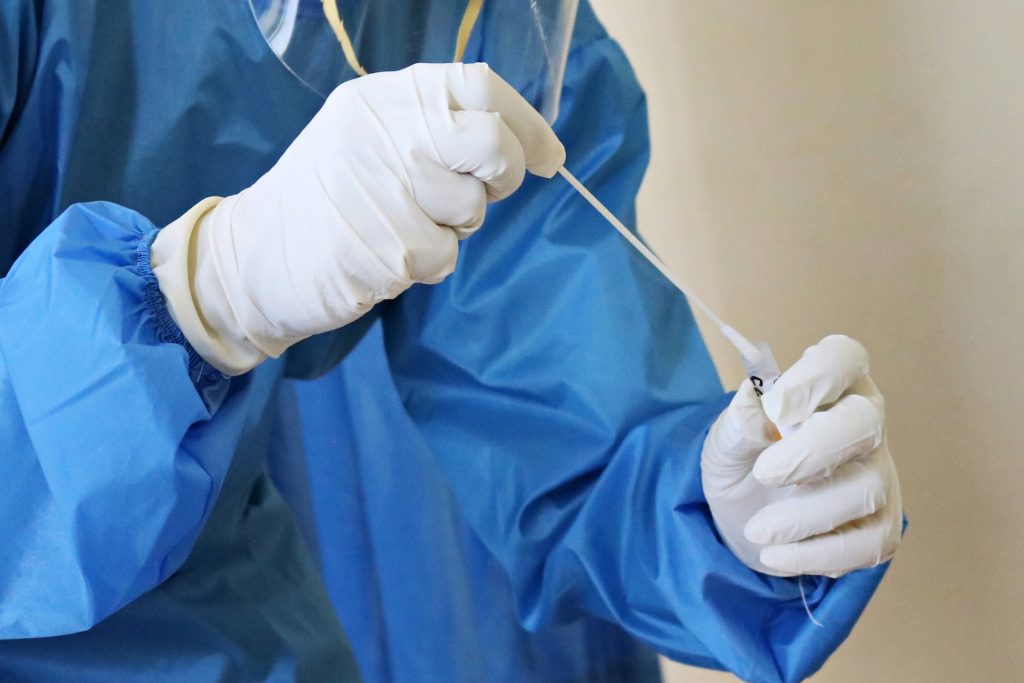
COVID Variant JN.1 in India: Key Signs and Symptoms to Watch Out For
COVID Variant JN.1 in India: A new variant of COVID, JN.1, which has been causing an increase in cases in the United States since September this year, has now been detected in India. This variant has currently been found in close surveillance in Kerala.
The Central Health Ministry in India has urged states to enhance COVID surveillance to prevent the spread. Specialists believe that considering the variant’s transmission, it may either be more infectious or better at evading our immune system.
Here are some signs and symptoms to stay vigilant for:
- Increased Infectivity: The variant may have a higher rate of transmission, making it easier to contract.
- Immune Evasion: There’s a possibility that the variant could evade our immune defenses more effectively.
The Health Ministry emphasizes the importance of ramping up surveillance to track and control the spread of this new variant. It’s crucial for everyone to stay informed and follow recommended guidelines to protect themselves and others.
Also read:Stay Informed: Symptoms and Signs of the JN.1 Variant of COVID-19
Dr. Arun Chowdary Kotaru, Consultant, Respiratory/ Pulmonology & Sleep Medicine, Artemis Hospital, Gurugram opines,
Is JN.1 more dangerous and infectious?
From what we have been reading in the recent reports, JN.1 seems to be much more infectious than the previous variants of Coronavirus. However, in terms of the severity of the illness, there hasn’t been any conclusive evidence reported so far. In most reported cases, the patients are suffering from mild symptoms like fever and cough. More than 2300 cases have already been reported from India. The first case of this variant has already been reported in Noida. WHO, has declared it a variant of interest and has issued advisory for continued vaccination and hygiene practices. However, if compared to previous strains JN.1 does not present heightened danger as of now.
Dr Ravi, Shankerji Kesari, MBBS, MD, General Practitioner, Apollo Spectra Hospital, Bangalore highlights,
Do individuals experiencing symptoms of Covid JN1 to undergo a rapid antigen test as a measure?
As the Covid JN1 variant continues to evolve, individuals experiencing symptoms must consider rapid antigen testing as a vital precautionary measure. The variant’s unpredictable nature and potential for increased transmissibility make early detection paramount in curbing its spread.
Rapid antigen tests provide quick and accessible means of diagnosing Covid JN1. The test detects specific proteins from the virus and delivers results within minutes. Individuals experiencing symptoms such as fever, cough and fatigue, especially in regions with prevalent cases should promptly opt for rapid antigen testing. Early detection through these tests plays a vital role in containing the spread of the variant and safeguarding public health. However, while rapid tests offer rapid results, confirmatory PCR tests remain essential for conclusive diagnoses.



